Rwanda Development Board (RDB) has for the last twelve years implemented a Tourism Revenue Sharing (TRS) programme, after developing a policy and guidelines in 2005. The policy guidelines followed a national consultation and cover:
In terms of evaluation, the policy guideline states that regular review and evaluation of the implementation and impact of the Tourism Revenue Sharing programme should provide RDB with suggestions for modification of policy and improvements in implementation procedures.
Therefore, RDB, with administrative and financial support from partner International Gorilla Conservation Programme (with funding from SIDA and WWF Sweden), shall carry out an evaluation of the performance of the TRS programme implementation during 2005-2019 and identify policy and guideline adaptations recommended to increase its effectiveness and efficiency in compliance with agreed policy guidelines, and taking into account updated stakeholders and beneficiaries feedback. This will help in having adapted orientation to better achieve the impact objectives of Tourism Revenue Sharing. The performance should be evaluated related to evaluation criteria: Relevance, Coherence, Effectiveness, Efficiency, Impact, and Sustainability.
ALU School of Wildlife Conservation (SOWC), in partnership with Conservation Capital were awarded the project in 2020. ALU SOWC’s main role was to conduct the field research part of the project. This entailed conducting a total of over 300 community interviews around Akagera, Nyungwe and Volcanoes National Parks to assess the impact of the TRS on community livelihoods and attitudes. A combination of Cooperative members, non-Cooperative members and local leaders were interviewed. Four ALU students, together with SOWC Director of Research, Dr Sue Snyman, and SOWC faculty member Cedric Maforimbo, conducted the community interviews. The students were provided with training to conduct the field research and also assisted with the uploading the data, analysis and reporting.
After the field research SOWC compiled a field research report, with detailed analysis of the different stakeholder group interview results. SOWC also contributed to the full TRS review report, regular meetings with RDB and IGCP and will be supporting Conservation Capital in conducting a stakeholder workshop to present the results of the project and recommendations given to revise the TRS policy.
Each dialogue includes a background presentation on the wildlife economy in Kenya, including an overview of the Wildlife and Conservation Management Act, 2013 and the Sessional Paper No. 01 of 2020 on Wildlife Policy. Barriers to unlocking the wildlife economy, identified in a recent paper, are also highlighted. Breakout groups then discuss the barriers and challenges, followed by a plenary discussion. For each dialogue, which follows the Chatham House Rules, there is a Chair’s report:

